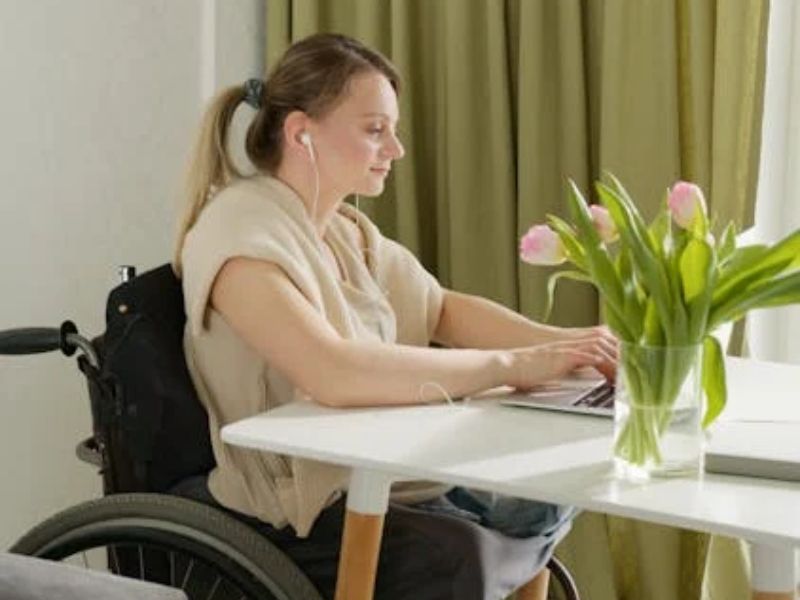Many cultural celebrations surround the concept of independence, especially in the U.S. “Self-made” and single-handedly” are terms used to describe a person who can take care of themselves. In today’s society, it’s distasteful to have a dependent partner, whether they accept financial support from parents or hire domestic help.
Hyper-independence can negatively impact relationships, careers, mental health, and more. You can become unhealthy when you become too self-sufficient and incapable of accepting help or support. The experts discuss what hyper-independence looks like, whether it’s a trauma response, and how to deal with it.

Image Credit: Pexels/Artem Podrez
Hyper-Independence: What Does It Mean?
Psychologist Terri Bacow, Ph.D., describes hyper-independence as an excessive focus on self-reliance and autonomy. Basow said, “a healthy degree of independence is one where the individual feels confident about their autonomy and can rely on others when needed.”
Does Hyper-Independence Result From Trauma?
Rather than being a personality trait, hyper-independence resulted from adverse childhood, intergenerational, or adult experiences. Childhood emotional or physical neglect is a cause of hyper-independence. Children become parents when they assume developmentally inappropriate responsibilities, such as meditating on family conflicts or handling finances.

Image Credit: Pexels/Tatiana Syrikova
Hyper-Independence Can Have Negative Effects
Excessively independent people can have many adverse effects on their lives. Bacow says hyper-independent workers may reject help at work, leading to mistakes or taking on responsibilities beyond their abilities. Hyper-independence weakens bonds in relationships. Bacow said, “Hyper-independence can aggravate mental health problems like anxiety and depression.
What To Do If You Feel Hyper-Independent?
Bacow recommends taking small, manageable steps toward allowing others to help or support you. Bacow said, “I would almost describe it as a phobia – you’re afraid to give up control, and you’re afraid to seek help.” It is crucial to acknowledge discomfort as a result of unlearning hyper-independence to reduce fear.